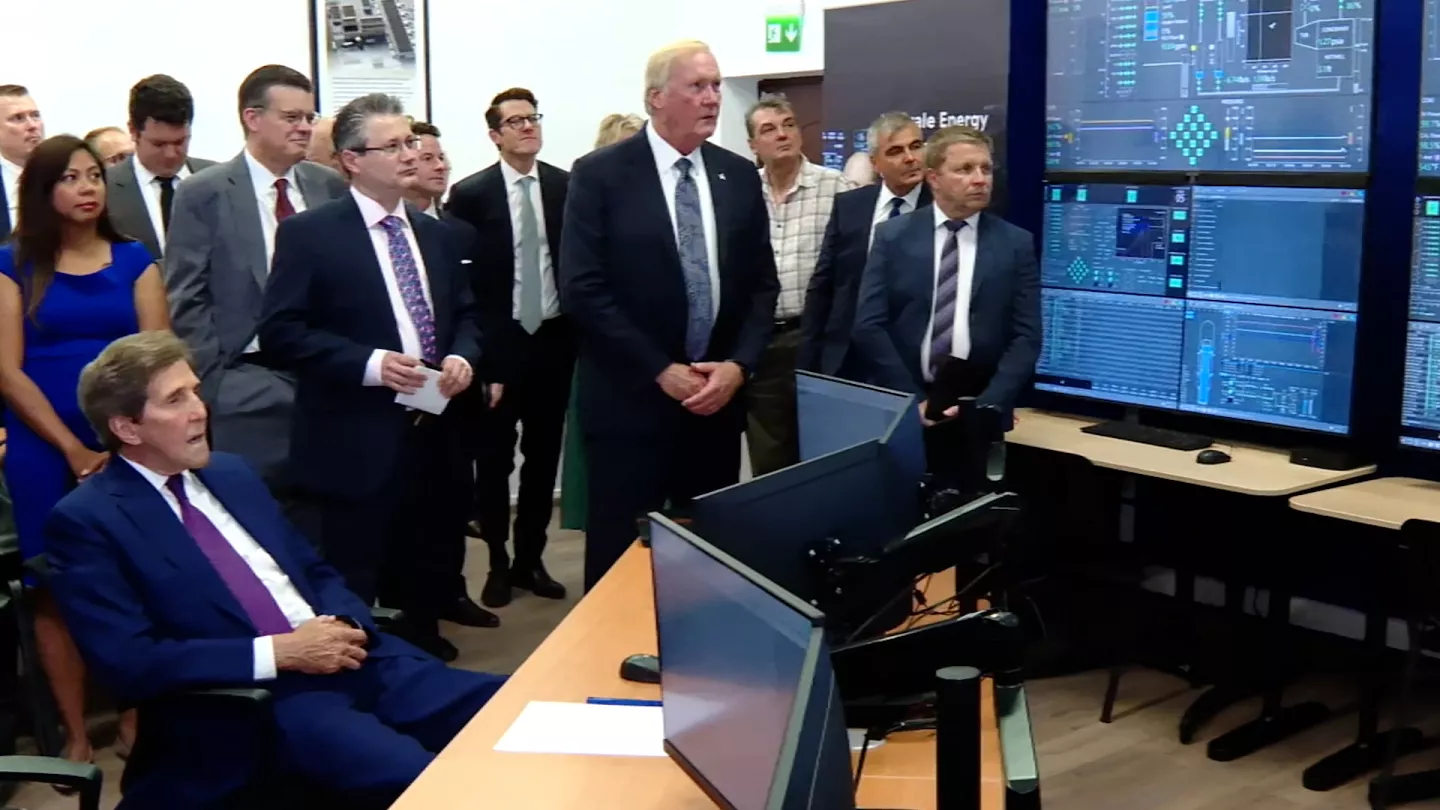Romania has emerged as the first European nation to embrace Small Modular Nuclear Reactor (SMR) technology, hitherto exclusive to the United States.

New interest in nuclear power has emerged throughout Europe as a result of recent advancements in technology and the energy crisis.
Romania has emerged as the first European nation to embrace Small Modular Nuclear Reactor (SMR) technology, hitherto exclusive to the United States. These innovative reactors, a fraction of the size of conventional counterparts, are designed for pre-assembly in factories. Their compactness not only facilitates installation in areas with limited space but also enables the production of substantial amounts of low-carbon energy.
While SMRs have primarily been confined to pilot projects, recent technological breakthroughs coupled with the pressing energy crisis have kindled a newfound interest and political backing for nuclear power across Europe. The Romanian government, earlier this year, hailed SMRs as “the newest, safest and cleanest nuclear technology.”
The fruition of this endeavor can be attributed to a collaborative effort between Romania and the United States, culminating in the inception of ‘Project Phoenix.’
This initiative aims to replace outdated, coal-powered stations with advanced nuclear technology. Doicești, situated just north of Bucharest, stands as a testament to this progress, with a plant featuring six modules securing funding of up to €254 million. The project is projected to generate over 2,000 jobs and avert the release of a staggering 4 million tonnes of carbon dioxide annually.
Furthermore, Romania is set to play a pivotal role in shaping the future of nuclear energy expertise in Europe. The Polytechnic University of Bucharest will serve as a hub for training aspiring specialists in this field from across the continent.
US Special Presidential Envoy for Climate, John Kerry, recently paid a visit to the university, where he observed a simulation of an earthquake scenario at the NuScale SMR control room simulator.
During his visit, Kerry also made a groundbreaking announcement: the region will witness the construction of more mini-nuclear power plants, signaling a significant step towards broader adoption of this cutting-edge technology. “Today, I am pleased to announce that the top three qualifiers for Project Phoenix are the Czech Republic, Poland, and Slovakia,” he declared. “All three countries will receive financial and technical support for SMR feasibility studies.”
Rector of the university, Mihnea Costoiu, expressed his gratitude for Kerry’s endorsement of the partnership, stating that it has positioned the Polytechnic University at the heart of the project. He affirmed that all future specialists will receive training at the simulator in Bucharest, solidifying Romania’s role as a frontrunner in advancing nuclear energy technology in Europe.